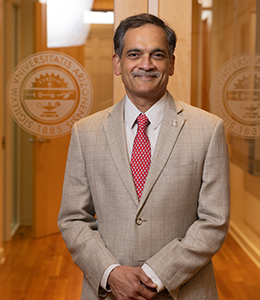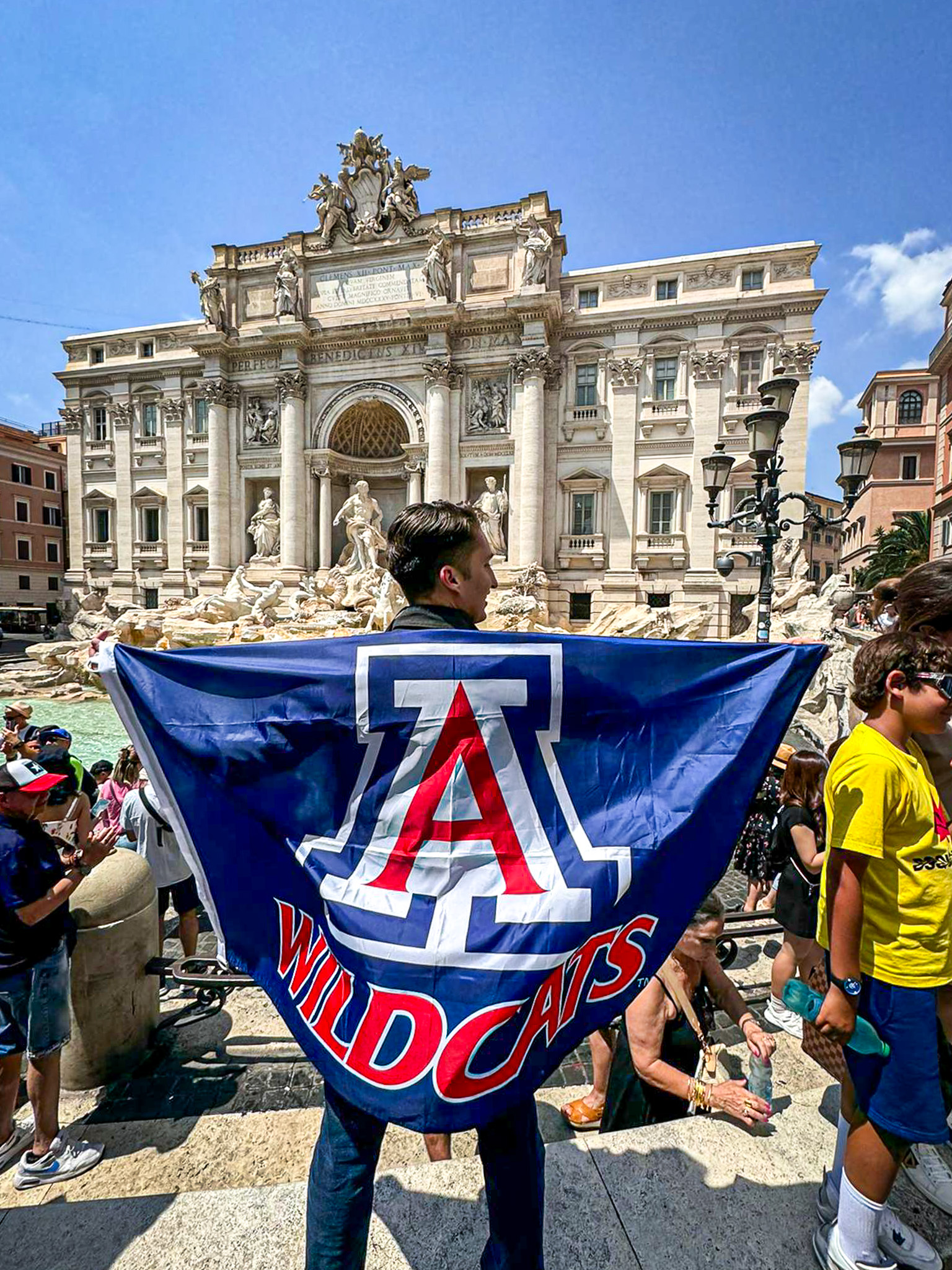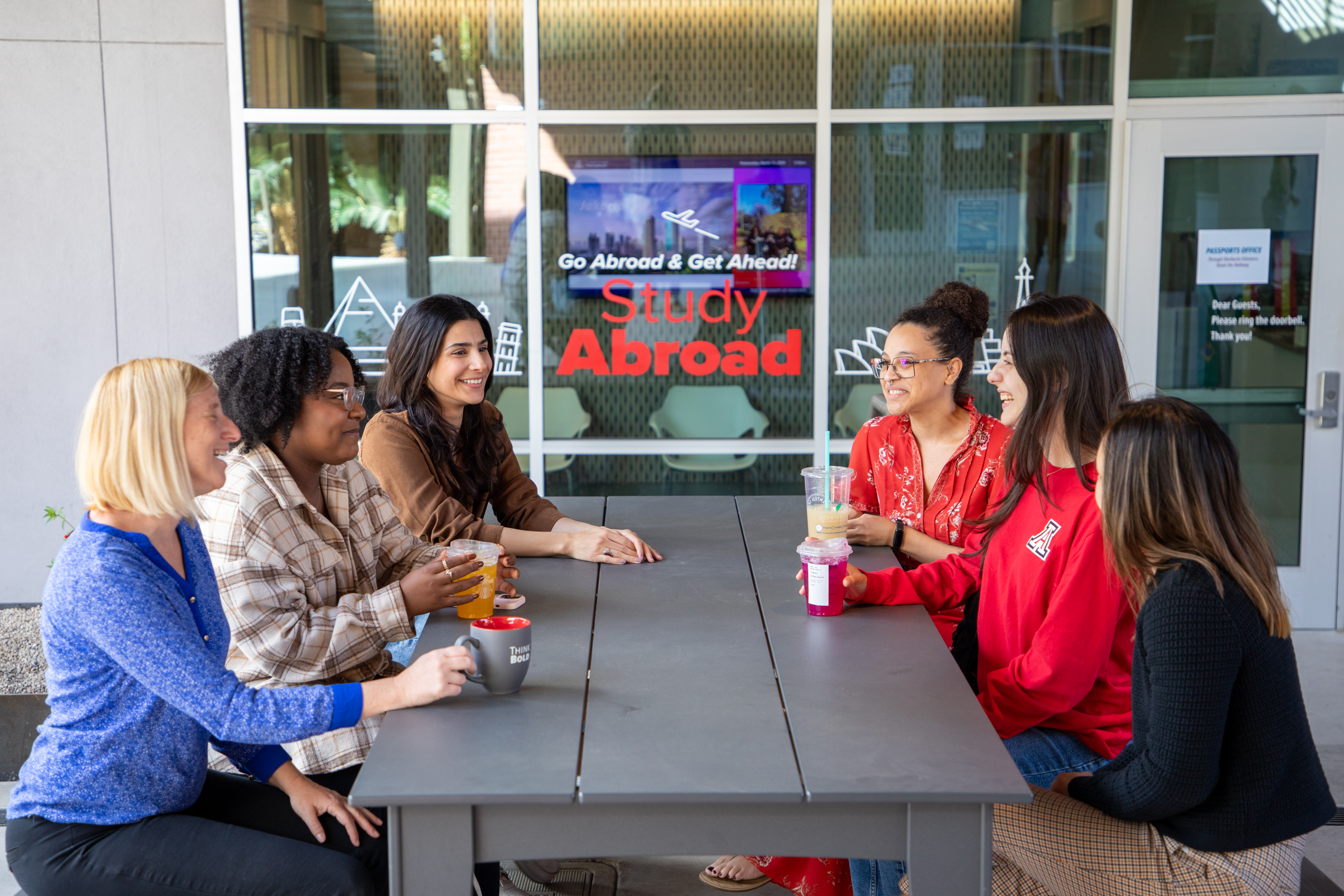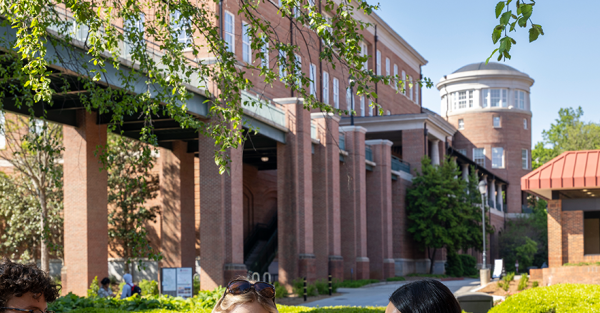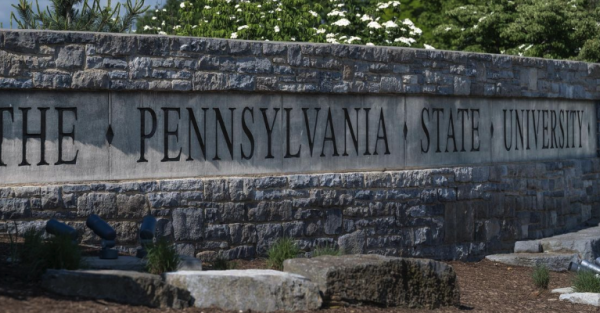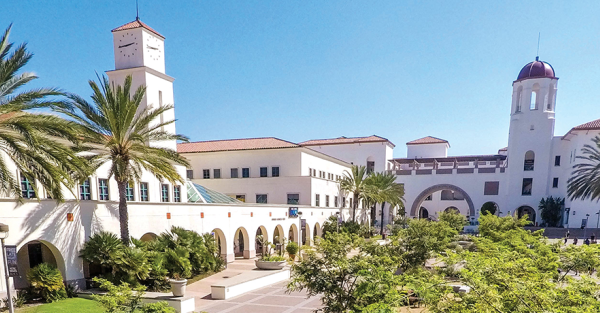University of Arizona
The University of Arizona, a public research university serving more than 56,000 students in Tucson, Arizona, has emerged as a leader in comprehensive internationalization through its pioneering micro-campus model, innovative study abroad pathways, and strategic partnerships that address global challenges while serving local communities at home and abroad. As the first four-year, public land-grant, and research-intensive institution to earn Hispanic-Serving Institution designation in the state of Arizona, the university has strategically leveraged its diverse student population and border location to create innovative global partnerships that serve communities worldwide while building international capacity at home.
When international student Aisha Ahmad Anoohi transferred to the University of Arizona (U of A) from another U.S. college in January 2022, she immediately noticed something different about the U of A’s approach to international students. “Before I even stepped foot on campus, they reached out to me,” she shared.
We believe that every student and faculty member should have the opportunity to engage globally. —Vice President and Dean Jenny Lee
That level of individual attention reflects a broader institutional evolution at the U of A. Since becoming vice president of Arizona International and dean of international education in 2023, Jenny Lee has initiated a strategic planning process. Part of that process included surveying over 100 staff members in an effort to develop core values, and “quality” emerged as the unifying principle. “At the University of Arizona, internationalization is a central, strategic part of our identity as a public research university,” Lee says. “We believe that every student and faculty member should have the opportunity to engage globally.”
Arizona International reflects U of A’s longstanding commitment to global engagement, exemplified by initiatives such as the Latin American Summer Research Program, which earned a 2012 Simon Spotlight Award for building a PhD pipeline for underrepresented undergraduate students. Today, the U of A hosts more than 7,000 international students, including 3,330 micro-campus students, and sends more than 1,600 domestic students to study abroad annually. Research collaborations and other strategic partnerships span multiple continents, demonstrating how internationalization extends far beyond student mobility.
A Pioneering Micro-Campus Network
At the heart of the U of A’s internationalization strategy lies its Microcampus Network, a model that allows students in other countries to earn U.S.-accredited degrees through partnerships with their local universities. The U of A now operates 16 micro-campuses across 12 countries in the Global South, offering 24 unique U of A academic degrees to more than 3,000 students who can earn American credentials without leaving their home regions.
As a commitment to enhancing global access, one-third of the U of A’s micro-campuses provide financial scholarships for all their students, and more than 30 micro-campus graduates have pursued advanced degrees at the U of A. The model ensures high-quality education through collaborative teaching, where faculty in both countries co-design and co-teach courses that meet shared standards while remaining locally relevant.
This bidirectional mobility is exemplified by the Study Arizona program, through which 251 students from micro-campuses in Cambodia, China, Indonesia, Peru, and Vietnam have come to Tucson for main-campus experiences ranging from five-week programs to full academic years. Students from Kazakhstan will participate in fall 2025; they can live in residence halls and take courses alongside main-campus students. Main-campus U of A students can also study abroad at micro-campuses in Indonesia and Peru.
The model also drives faculty research collaboration. The U of A established a tripartite agreement in collaboration with micro-campuses to create water resource centers addressing water scarcity. In turn, collaborative initiatives, such as the Civil Engineering Solar Oven Competition, unite students across campuses to address alternative energy solutions.
Strategic International Partnerships
Beyond the micro-campus model, the U of A has developed strategic partnerships that address critical global challenges—overseas, across the border with Mexico, and even on campus with other departments.
The university is a founding member of the Kazakhstan-U.S. University Consortium Partnership Program, supported by the U.S. Embassy in Astana, which fosters partnerships among more than 30 universities in both countries to address food security, agriculture, and renewable energy.
“We’re trying to build an ecosystem with longevity and multiple connections,” says Hillary Vance, assistant dean for research and development for Arizona International. The U of A’s partnership strategy involves extensive vetting that includes strategic alignment with the university’s land-grant mission, academic assessment, and stakeholder engagement.
The university also leverages its proximity to the United States-Mexico border through initiatives such as the Borderlands Education Center and the Arizona-Sonora Interuniversity Alliance, addressing critical transborder issues including cross-cultural education and public health. As part of these initiatives, the U of A trains Mexican diplomats in U.S. law, operates an immigration law clinic, and collaborates on public health initiatives that serve border populations.
The university integrates rigorous assessment and scholarship into its internationalization efforts by working closely with the U of A Center for the Study of Higher Education. This collaboration has resulted in 17 published articles in top journals and 30 presentations to international audiences. Under Lee’s leadership, the office has developed comprehensive data collection systems and is currently surveying 13,000 study abroad alumni to better understand long-term impact.
Embedding Global Learning Across the Curriculum
The U of A has made significant investments to ensure global learning opportunities reach all students—both at home and abroad—through expanding access to study abroad programs and curriculum internationalization.
The university changed its financial aid model to now allow students to apply scholarships directly to study abroad programs. This contributed to more than 1,600 students participating in credit-bearing study abroad programs in 2024–25.
The Global Tracks program represents a signature innovation in making study abroad academically seamless. More than 100 pre-articulated pathways now allow students to earn credit toward their major while abroad, spanning approximately 45 different U of A majors and minors. “We want to make sure that if students are studying abroad, they’re also getting credit toward their graduation plan,” says Lysette Davi, project manager for Arizona International.
To encourage competitive scholarship applications, the U of A established the $750 Gilman Application Towards Opportunity Award, which is given to students for completing the application, regardless of the outcome. This has helped the university become a top five producer of Benjamin A. Gilman International Scholarships, which are available to U.S. undergraduates eligible for Pell Grants.
Beyond study abroad access, the U of A has embedded global perspectives throughout their curriculum. The university restructured its general education requirements to include a world cultures and society attribute. More than 80 percent of faculty teaching general education courses have participated in training initiatives to incorporate intercultural knowledge and 188 courses are designated with this attribute across 10 colleges.
Faculty innovation drives program development across disciplines. The university was the first institution in the United States to create a minor in global hip-hop cultures, says Praise Zenenga, a professor in the College of Humanities. Zenenga came to the United States from Zimbabwe as part of a dance company tour and has been at the U of A for 20 years. “The university gives us leeway to think outside the box, to experiment,” Zenenga says.
He has also developed a hip-hop study abroad program in France, the second-largest consumer of hip-hop outside the United States, and created a global soccer course that takes students to major international tournaments.
Engaging International Students
The U of A’s Global Center serves as a central hub for international activities, offering convenient access to international student services (ISS), an international food court, an international market, and a Friday night event, Party@Global, that regularly attracts nearly 1,000 students—demonstrating broad campus engagement with international programming.
Within this framework, the university’s ISS office provides comprehensive support that extends beyond traditional services, including a specialized mental health counselor embedded within the office. Assessment data show this approach has improved the psychological well-being of international students and contributed to the first-year retention rate of almost 83 percent.
The Global Ambassador Program exemplifies the U of A’s peer-to-peer support model. Led by international and domestic students, ambassadors organize programming and social events, as well as coordinate airport pickup services that provide a warm welcome for newly arriving students. They also plan practical activities like shopping trips to help international students navigate daily life. Anoohi, the international student from the United Arab Emirates, decided she wanted to become a global ambassador after her own positive experience as a new international student. “I wanted to give back in some way,” she says. “I figured I could do that with other new international students.”
The U of A has also created innovative outreach programs, such as “Culture Shocked,” a publicly available podcast where students, faculty, and staff share stories of adjusting to U.S. university life. An annual international talent show packs a large theater on campus every year, often during International Education Week in November.
Serving Arizona Through Global Engagement
The U of A’s internationalization strategy is deeply rooted in its land-grant mission to serve Arizona’s diverse communities. In 2023, the U of A opened its first tribal micro-campus in collaboration with the Pascua Yaqui Tribe by offering degree programs, continuing education, and workforce training directly to tribal members.
The university’s international partnerships enable it to address challenges that affect both Arizona communities and global partners, from sustainable agriculture techniques suited to arid climates to workforce development programs that serve the state’s growing technology sector. In particular, its international collaborations are tackling water scarcity issues critical to the desert state, aligning with goals for clean water and sanitation. In 2024, it was recognized by ShanghaiRanking as a leading institution for water resource research, landing fourth place globally and first place in the United States.
“As the state’s flagship and land-grant institution, the University of Arizona is committed to serving society through education, research, and community impact,” Lee says. “Today, serving society means preparing our students to operate across borders, cultures, and disciplines.”
Lessons Learned
Leverage Existing Campus Resources to Extend Support Globally.
Rather than creating entirely new systems for international students, the U of A identifies existing campus resources and adapts them for global use. For example, the university is working to provide micro-campus students with access to Handshake, a job platform for résumé review and career services, even though they're not physically on campus. "What are the resources on campus that make a student feel part of the U of A, and how can we make sure that's available to them?" says Hillary Vance, assistant dean for research and development. This approach ensures international students studying at the university’s micro-campuses receive the full institutional experience, regardless of location.
Send Advisers Abroad for Firsthand Experience to Improve Student Guidance.
The U of A's Study Abroad Academic Advisor Site Visit Program equips advisers with experience at the university’s study abroad sites, enabling them to provide more informed guidance to students considering global opportunities. By experiencing programs and locations directly, advisers can better address student concerns, set realistic expectations, and match students with appropriate programs based on personal knowledge. It also creates department-based study abroad champions who can help recruit students. This investment in adviser development improves the quality of predeparture counseling and helps students make more informed decisions about their international experiences.

